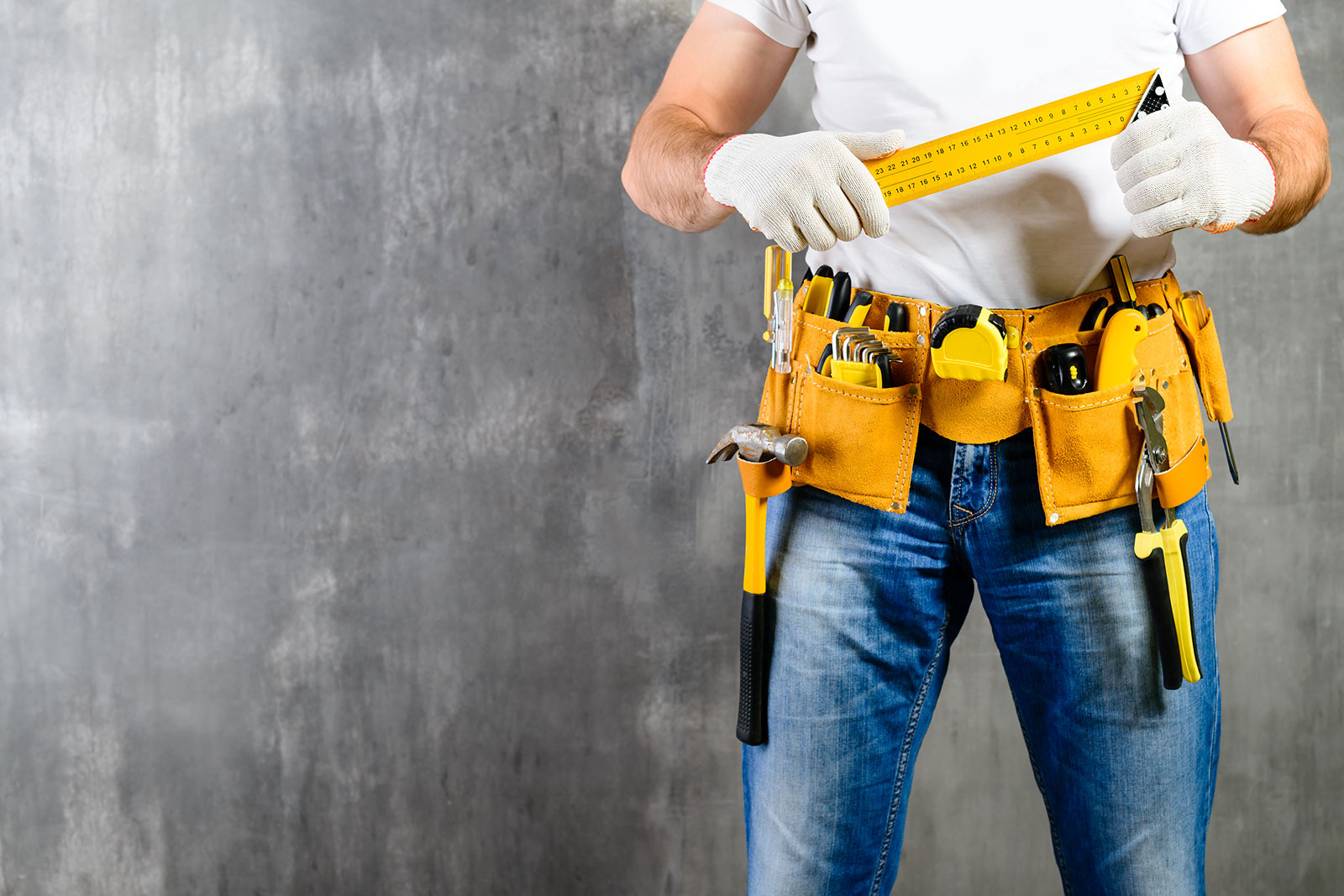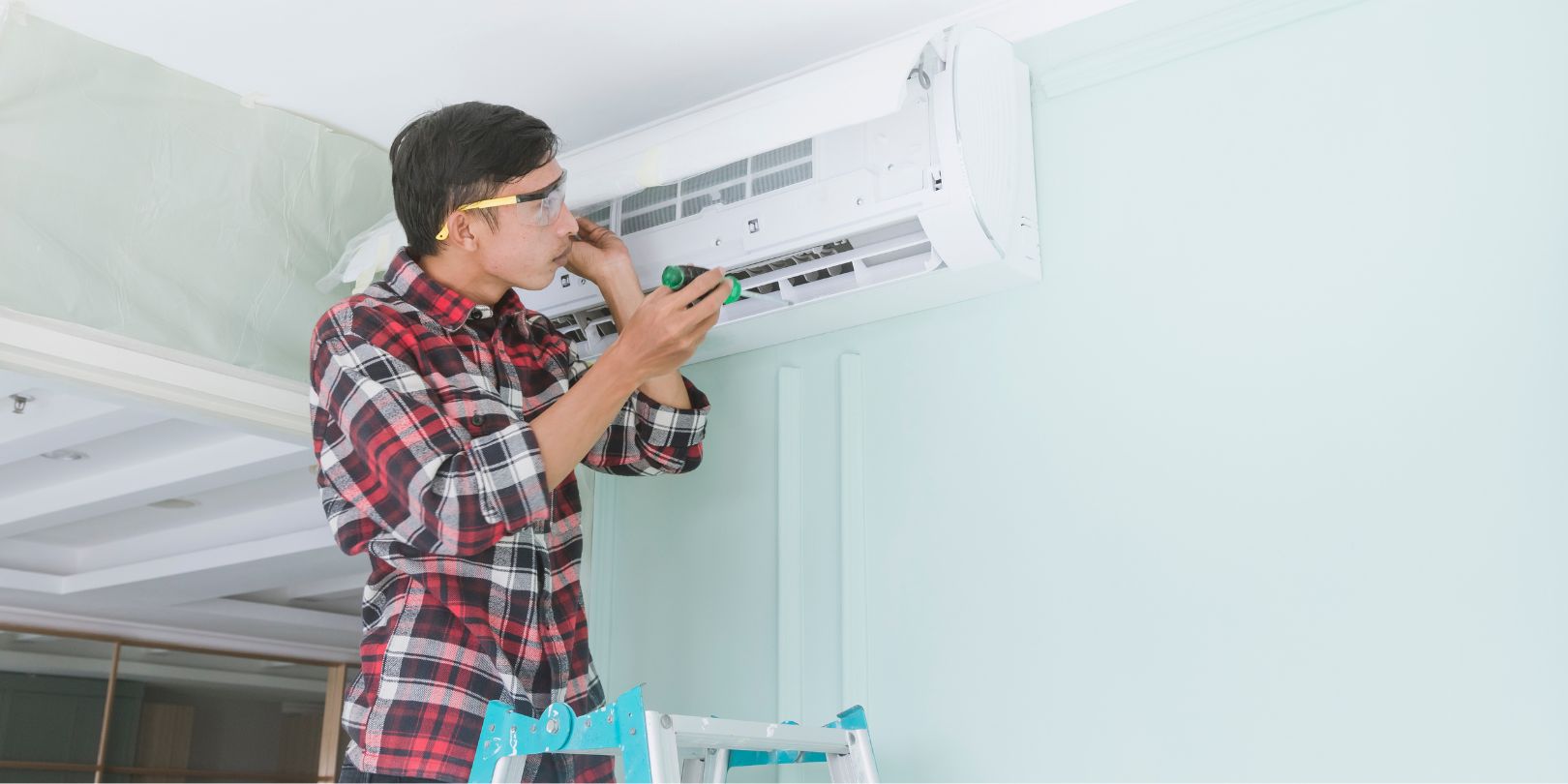Home>Renovation & DIY>Home Renovation Guides>What Your General Contractor For Home Improvements Should Not Charge You


Home Renovation Guides
What Your General Contractor For Home Improvements Should Not Charge You
Modified: January 4, 2024
Looking for home renovation guides? Learn what your general contractor for home improvements should not charge you. Get expert advice and avoid overpaying.
(Many of the links in this article redirect to a specific reviewed product. Your purchase of these products through affiliate links helps to generate commission for Storables.com, at no extra cost. Learn more)
Introduction
Introduction
Embarking on a home improvement project is an exciting endeavor that promises to transform your living space. Whether it's a kitchen renovation, bathroom upgrade, or a complete home remodel, finding the right general contractor is crucial to the success of the project. While most contractors operate with integrity and professionalism, there are certain practices that homeowners should be aware of to ensure a fair and transparent working relationship. In this guide, we'll delve into key aspects of working with a general contractor for home improvements, shedding light on what they should not charge you for. From upfront payments to change orders and permits, understanding these elements will empower you to navigate the home renovation process with confidence and clarity. Let's dive in and explore the essential factors to consider when engaging a general contractor for your home improvement needs.
Key Takeaways:
- Don’t Overpay Upfront
Avoid contractors asking for large upfront payments or full cash payments. Stick to a structured payment plan tied to project milestones to protect your investment and maintain leverage. - Clear Communication on Changes
Ensure transparent communication on change orders to avoid unexpected costs. Reputable contractors work collaboratively to minimize additional expenses and provide reasonable solutions.
Upfront Payment
When engaging a general contractor for home improvements, it’s important to be wary of excessive upfront payment requests. While it’s customary for contractors to require a deposit to secure their services and cover initial expenses, alarm bells should ring if a contractor demands a substantial upfront payment before any work has commenced. A reputable contractor should be able to cover the initial costs of the project and work within a reasonable payment schedule that aligns with project milestones.
It’s advisable to avoid contractors who insist on large upfront payments, as this may indicate financial instability or an intent to secure funds without a commitment to delivering the agreed-upon services. A fair and transparent payment structure should involve an initial deposit, followed by subsequent payments tied to project milestones or specific stages of completion. This approach ensures that you, as the homeowner, maintain leverage and only release funds as the project progresses satisfactorily.
Additionally, be cautious of contractors who demand full payment upfront or request payment in cash. These practices can leave homeowners vulnerable to potential disputes and complications, as they limit the recourse available if issues arise during the project. By prioritizing a balanced and structured payment schedule, you can safeguard your investment and promote a collaborative and accountable working relationship with your chosen general contractor.
Change Orders
During the course of a home improvement project, changes to the original plan may arise due to various factors such as unforeseen structural issues, design modifications, or updated preferences. When navigating these changes, it’s essential to be mindful of how your general contractor handles and charges for them. A reputable contractor should approach change orders with transparency and fairness, ensuring that homeowners are not unfairly burdened by additional costs.
It’s important to establish clear communication regarding change orders from the outset of the project. Your contractor should outline the process for requesting and approving changes, including the associated costs and potential impacts on the project timeline. Be wary of contractors who are vague or evasive about change orders, as this lack of transparency can lead to misunderstandings and disputes down the line.
When presented with a change order, your contractor should provide a detailed breakdown of the additional costs, including labor, materials, and any adjustments to the project timeline. It’s crucial to review and approve these changes in writing before the work commences to avoid ambiguity and ensure that both parties are in agreement.
Moreover, reputable contractors understand that some changes may be necessary due to unforeseen circumstances or evolving project requirements. As such, they should work collaboratively with homeowners to minimize additional expenses where possible and provide reasonable solutions to accommodate changes within the original scope of work.
By establishing a clear process for change orders and maintaining open communication with your general contractor, you can navigate project modifications with confidence, knowing that any associated costs are fair, transparent, and aligned with the agreed-upon terms.
Permits and Licenses
When undertaking home improvements that involve structural changes, electrical work, plumbing, or other regulated activities, securing the necessary permits and licenses is paramount. A reputable general contractor should be well-versed in local building codes and regulations, and they should handle the permitting process with diligence and transparency.
It’s essential to verify that your contractor holds the appropriate licenses and certifications required for the scope of work being undertaken. This includes ensuring that they are properly licensed to perform construction, electrical, plumbing, or any other specialized work mandated by local authorities. Requesting proof of licensure and certifications upfront demonstrates your commitment to working with qualified professionals who adhere to industry standards and legal requirements.
Additionally, your contractor should take responsibility for obtaining the requisite building permits for the project. This process involves submitting detailed plans, specifications, and other documentation to the relevant permitting authorities. Homeowners should be cautious of contractors who suggest bypassing the permit process, as this can lead to legal and safety issues, potentially resulting in costly repercussions down the line.
By prioritizing permits and licenses, homeowners can ensure that their home improvement project complies with building codes and safety standards, providing peace of mind and legal protection. Working with a contractor who respects the permitting process demonstrates their commitment to professionalism and adherence to regulatory requirements, setting the foundation for a successful and compliant home renovation.
Make sure your general contractor does not charge you for an initial consultation or estimate. This should be a free service to help you understand the scope and cost of your home improvement project.
Consultation and Estimates
Before commencing a home improvement project, it’s crucial to engage in thorough consultations and obtain detailed estimates from potential general contractors. A reputable contractor will offer a comprehensive consultation to assess the scope of the project, understand your specific requirements, and provide valuable insights based on their expertise.
During the consultation, the contractor should actively listen to your ideas and concerns, offering professional guidance and recommendations to enhance the project’s feasibility and success. This collaborative approach fosters a transparent and communicative working relationship, laying the groundwork for a mutually beneficial partnership.
Following the consultation, the contractor should provide a detailed and itemized estimate that outlines the projected costs, materials, labor, and a realistic timeline for the project. It’s essential to scrutinize the estimate carefully, ensuring that it aligns with your expectations and reflects the discussed scope of work. Be wary of vague or ambiguous estimates, as they can lead to misunderstandings and disputes as the project progresses.
Reputable contractors understand the importance of providing accurate and transparent estimates, and they are willing to address any questions or concerns you may have regarding the projected costs and timelines. It’s advisable to obtain estimates from multiple contractors to compare their proposed approaches, costs, and overall suitability for your project.
By prioritizing thorough consultations and detailed estimates, homeowners can make informed decisions when selecting a general contractor for their home improvement needs. This proactive approach sets the stage for a collaborative and transparent working relationship, ensuring that both parties are aligned in their expectations and commitments.
Conclusion
Engaging a general contractor for home improvements is a significant undertaking that requires careful consideration and due diligence. By understanding what a contractor should not charge you for, homeowners can navigate the renovation process with confidence and clarity, fostering a transparent and mutually beneficial working relationship.
From upfront payments to change orders, permits, and estimates, it’s essential to prioritize open communication, transparency, and professionalism when selecting and collaborating with a general contractor. By setting clear expectations and maintaining a proactive approach to project management, homeowners can mitigate potential issues and ensure that their home improvement project unfolds smoothly and successfully.
When evaluating potential contractors, it’s crucial to prioritize those who demonstrate a commitment to fair and transparent business practices, possess the necessary licenses and certifications, and communicate openly and effectively throughout the consultation and estimation process. This approach empowers homeowners to make informed decisions and select a contractor who aligns with their vision, values, and expectations for the project.
Ultimately, a successful home improvement project hinges on a collaborative and communicative partnership between homeowners and their chosen general contractor. By being mindful of what a contractor should not charge you for and proactively addressing these considerations, homeowners can embark on their renovation journey with confidence, knowing that they are working with a reputable and trustworthy professional dedicated to delivering exceptional results.
Frequently Asked Questions about What Your General Contractor For Home Improvements Should Not Charge You
Was this page helpful?
At Storables.com, we guarantee accurate and reliable information. Our content, validated by Expert Board Contributors, is crafted following stringent Editorial Policies. We're committed to providing you with well-researched, expert-backed insights for all your informational needs.















0 thoughts on “What Your General Contractor For Home Improvements Should Not Charge You”